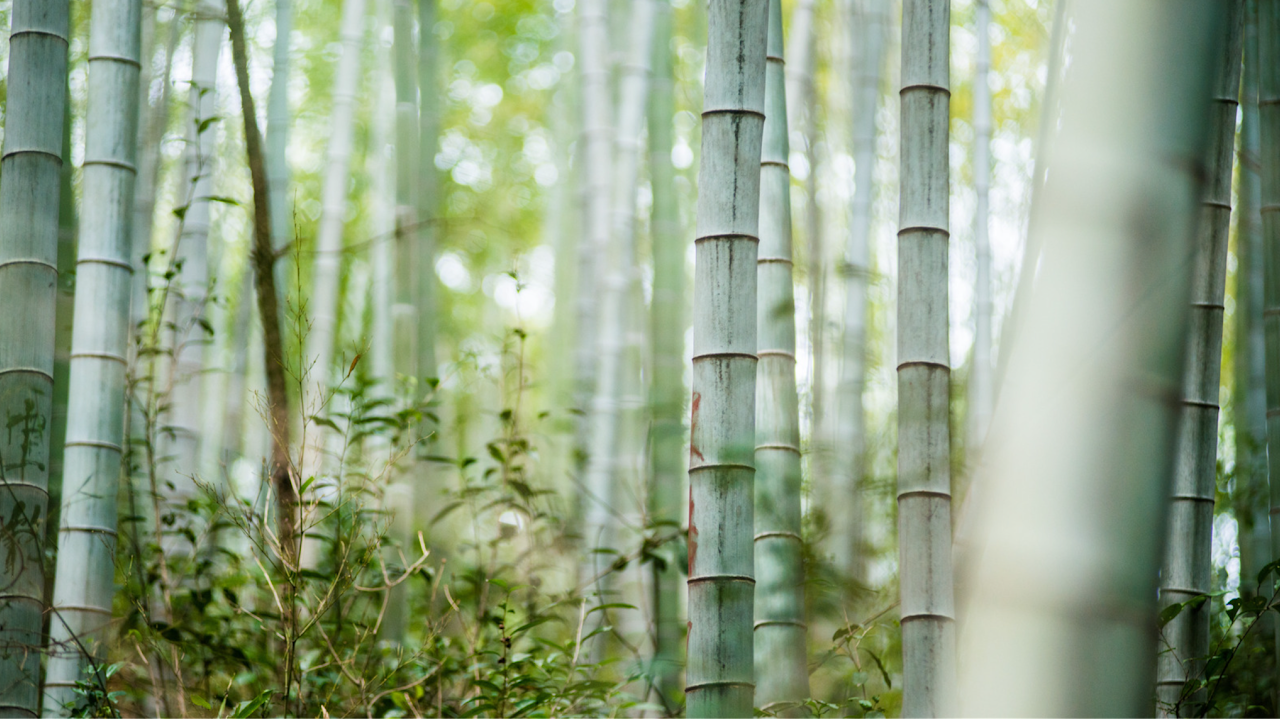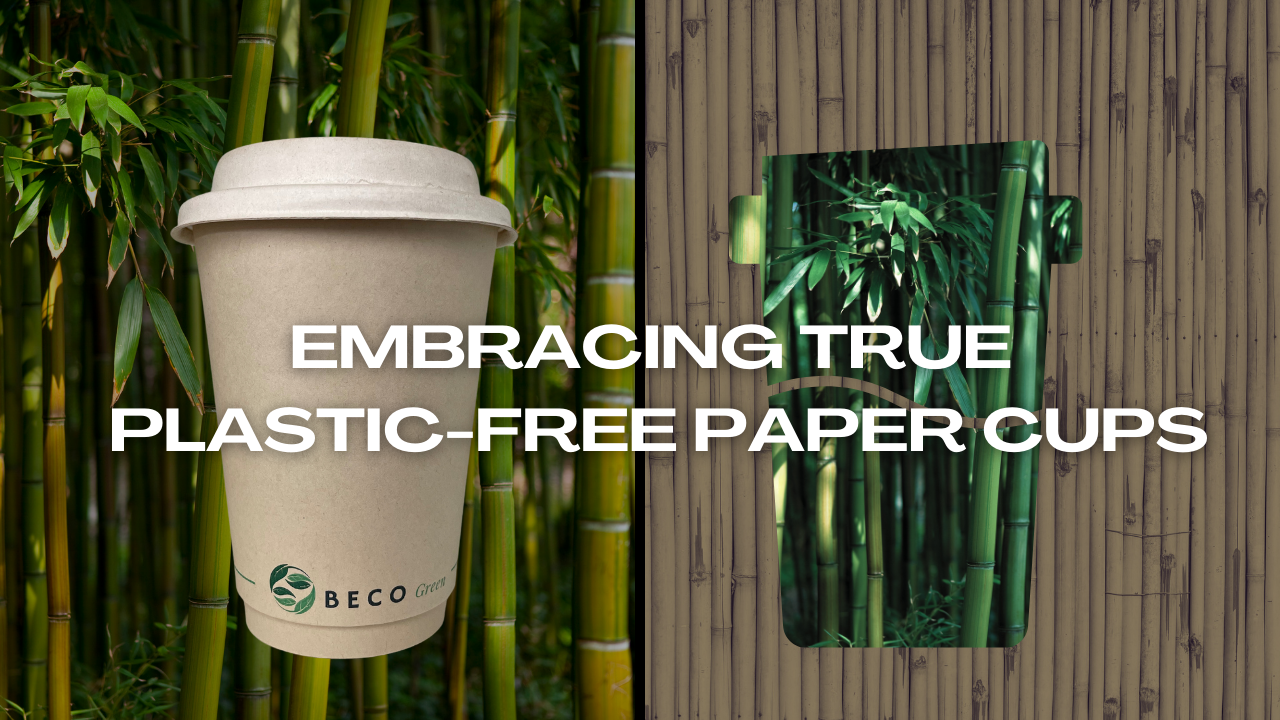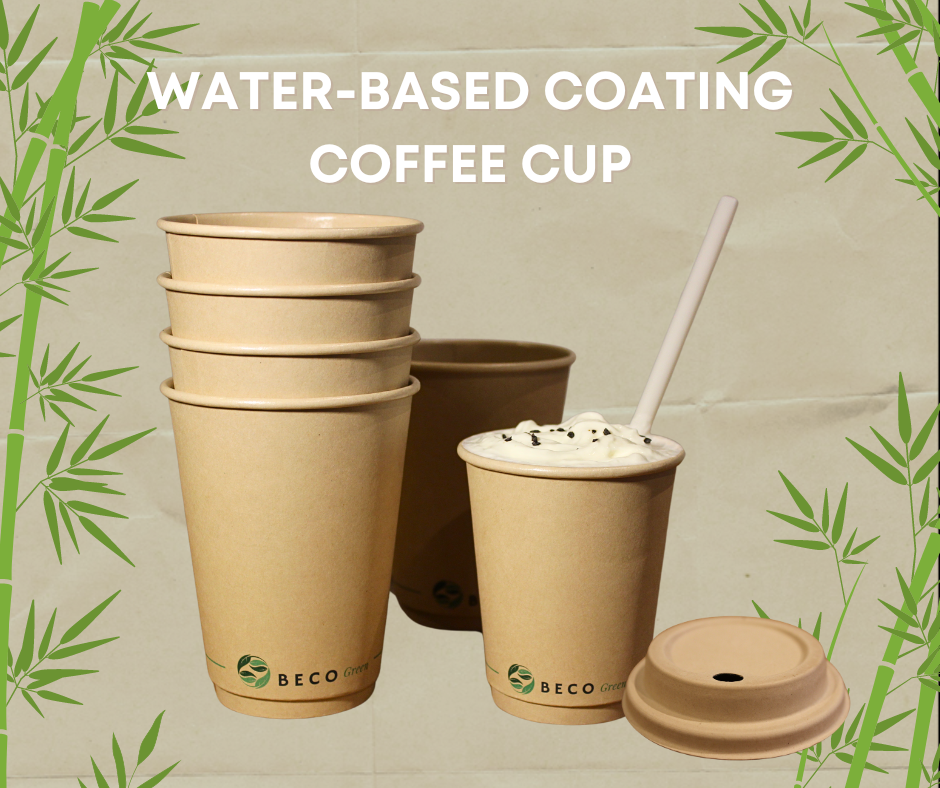Bamboo fiber products are quickly gaining popularity as a sustainable and eco-friendly alternative to traditional materials. These products, which are made from the fibers of bamboo plants, have a number of advantages over traditional materials in terms of environmental protection.
One of the major advantages of bamboo fiber products is their sustainability. Bamboo is a highly renewable resource, as it grows quickly and requires minimal resources to cultivate. In contrast, many traditional materials, such as cotton and synthetic fibers, require large amounts of water, pesticides, and fertilizers to grow and process. The production of these materials can have negative impacts on the environment, including water pollution and soil degradation.
In addition to their sustainability, bamboo fiber products are also fully biodegradable. This means that they can be broken down by natural processes and returned to the environment without causing harm. In contrast, traditional materials such as plastic and synthetic fibers can take hundreds of years to break down and can contribute to pollution and waste in the environment.
Another environmental benefit of bamboo fiber products is their energy efficiency. The production of bamboo fiber requires significantly less energy than the production of traditional materials such as cotton or synthetic fibers. This means that the production of bamboo fiber products has a lower carbon footprint, making them a more environmentally friendly choice.
Overall, bamboo fiber products offer a number of environmental protection advantages over traditional materials. Their sustainability, biodegradability, and energy efficiency make them a more eco-friendly choice for a wide range of products, including clothing, bedding, and towels. As more consumers become aware of the environmental benefits of these products, it is likely that they will continue to gain in popularity.



